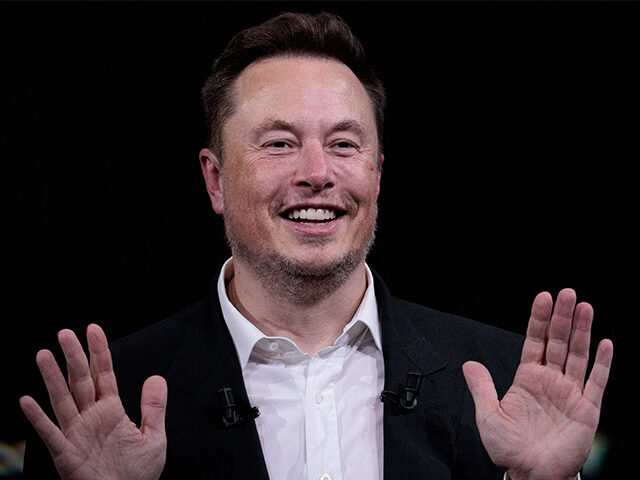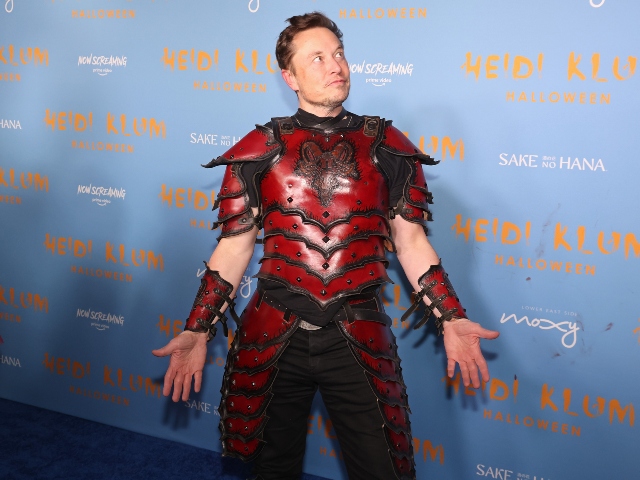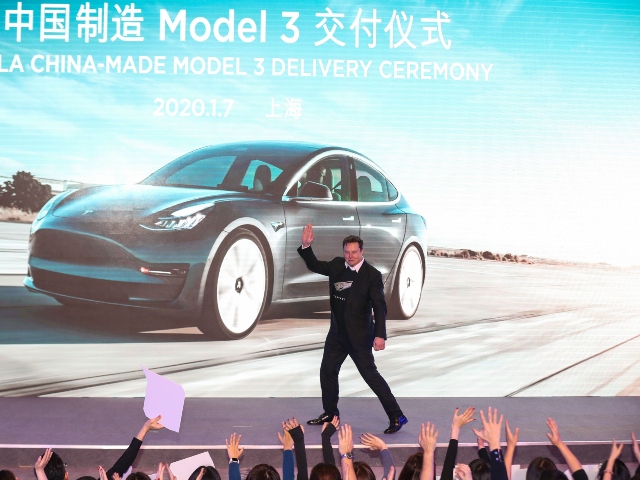A recent investigation by Reuters has unearthed critical issues with Tesla’s handling of part failures, revealing a pattern of blaming customers despite longstanding awareness of defects.
Reuters recently reported on its extensive investigation of Tesla based on a troubling pattern of shifting blame for defective parts to the buyers of Elon Musk’s electric vehicles. Customers have reported serious issues such as wheels detaching while driving, suspensions collapsing on new vehicles, and axles breaking during acceleration. These problems, reported by tens of thousands of customers, were seen across various Tesla models worldwide, dating back at least seven years. To make these defects worse, the investigation reveals that Tesla has demonstrated a pattern of blaming customers for its own problems.
One notable case involved Shreyansh Jain, whose Tesla Model Y’s front-right suspension collapsed with just 115 miles on the odometer. The incident, which occurred a day after he bought the car, required a costly repair that Tesla refused to cover, attributing it to “prior” suspension damage. Despite Tesla’s claims, documents and interviews have revealed that the company had tracked these “flaws” and “failures” for years but had consistently blamed drivers for vehicle “abuse.”
The investigation uncovered persistent issues with suspension connections, such as upper and lower control arms and fore and aft links, as well as more complex components like half shafts and steering racks. These failures, often in relatively new vehicles, have led to dangerous situations and near accidents. At least 11 drivers reported crashes caused by failures in the suspension, steering, or wheel assembly between 2018 and 2021.
In one extreme case, the front wheel of a 2020 Model 3 fell off while driving on Autopilot at 60 mph. Similarly, another 2020 Model X owner in Madrid reported a wheel falling off while driving. Tesla’s response to Jain’s case was particularly striking: an initial inspection implied Tesla would cover the repairs, but a week later, they denied responsibility, claiming prior external damage. Jain, confident that no such incident had occurred, ended up selling the repaired Tesla at a significant loss.
Tesla engineers continued examining aft-link failures as recently as 2022. An analysis found that Tesla had spent nearly $4 million on suspension warranty repairs globally for Models S and X in the 12 months before April 2019, with aft-link failures accounting for the largest portion.
In Norway, service managers and technicians reported being inundated with complaints about early control-arm failures, leading to tension as Tesla pushed to shift the cost of these frequent failures onto customers. The issue of problematic control arms and links, alongside more complex components like steering racks and axle half shafts, highlighted a broader problem in Tesla’s vehicle reliability.
Tesla’s approach to addressing these issues, particularly its denial and shifting of blame to drivers, has raised significant concerns about its commitment to customer safety and the integrity of its communication with both customers and regulators.
Tesla took to CEO Elon Musk’s X/Twitter platform to publish a strenuous denial of Reuters’ reporting.
Reuters published an article that leads with a wildly misleading headline and is riddled with incomplete and demonstrably incorrect information.
This latest piece vaguely and nonsensically suggests there are thousands upon thousands of disgruntled Tesla customers. It’s…
— Tesla (@Tesla) December 27, 2023
Read more at Reuters here.
Lucas Nolan is a reporter for Breitbart News covering issues of free speech and online censorship.



COMMENTS
Please let us know if you're having issues with commenting.